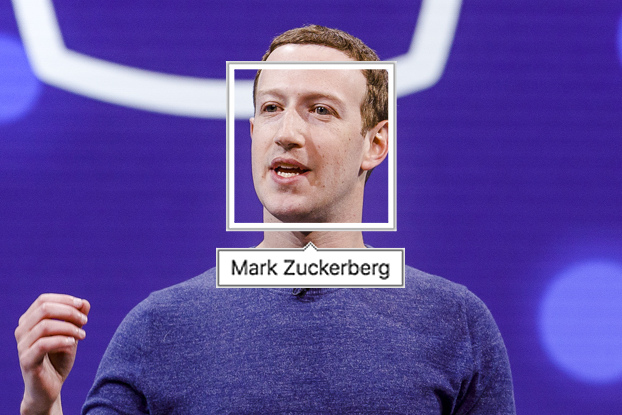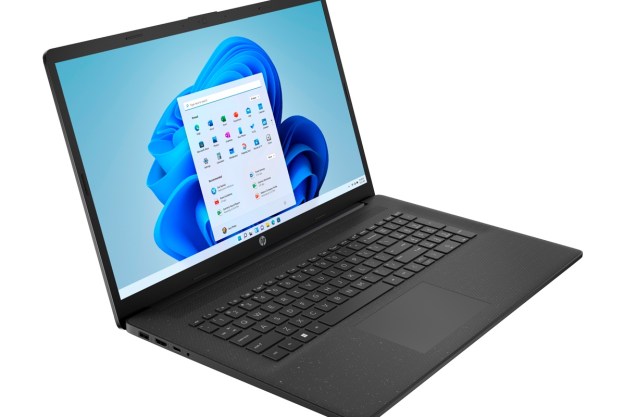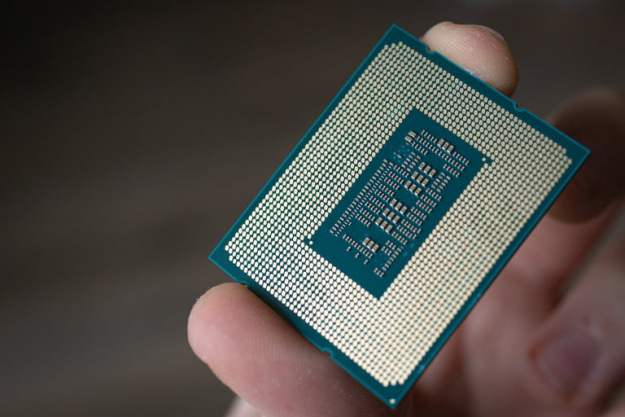
Scanning your face is easier than remembering a password, that’s for sure. But while facial recognition technology has gone mainstream with Apple’s FaceID and Microsoft’s Windows Hello, we’re only now thinking through the cybersecurity and privacy concerns.
Now Facebook, among other companies, are finding questionable ways to use this new data. To get to the bottom of just how dangerous that could be, we spoke with Theresa Payton, the former White House Chief Information Officer for the George W. Bush administration. She’s now deeply involved in the world of cybersecurity — and has some serious concerns about how Facebook intends to use the tech.
Your face belongs to you, doesn’t it?
Facial recognition technology has great potential, even in the world of cybersecurity. In the case of authentication, for example, it makes locking devices and accounts simpler for those who are slow to move to methods like two-factor authentication. But, as Theresa Payton explained, there’s a dark side to the technology.
Facebook says scanning and recognizing your face helps “protect you from a stranger using your photo to impersonate you.”
“I believe there are a lot of really cool things that could come out of this technology, but recent history tells us we need to play out worse-case scenarios,” Payton told Digital Trends. “We need to understand that new technology will always be released a year or two before we really understand the ramifications of securing that data, as well as the legal aspects of protecting privacy.”
According to a recent New York Times report, Facebook’s use of facial recognition to pick your face out of photos has a handful of civil rights organization up in arms. Using artificial intelligence and its own proprietary algorithm, Facebook already knows your face as well as your best friend.
In Facebook’s own words, scanning and recognizing your face helps “protect you from a stranger using your photo to impersonate you.” At least, that’s what it said when it first tried to introduce the technology in Europe six years ago. Facebook pulled back when EU regulators started asking questions about security and privacy – but now, the issue has returned.

You might think Facebook would retire the idea completely due these previous concerns, along with the recent Cambridge Analytica data scandal, yet the company has no plan to stop.
“They said, ‘Okay, we learned a lot,’ and basically ‘We want to make it easier to authenticate, to classify their photos and videos,” said Payton. “They basically said you shouldn’t worry about this, because we’re going to let the users control facial recognition.”
“This is cool technology, but why don’t we all take a step back and talk about the uses [of Facebook’s facial recognition]”
Facebook’s plan to analyze your face don’t stop with photos and authentication. As reported by WWD, the social media giant wants to monetize facial recognition further with what it calls “augmented commerce.” The idea is to help brands transform simple Facebook ads into interactive AR experiences. The problem? No one knows what
And that’s only the beginning. Facebook holds several worrisome and downright creepy patents regarding facial recognition technology. One Minority Report-like patent described a way to set a “trust level” for each person who enters a store. By recognizing their faces and connecting it to the data in their

“You are not going to get a new face,” said Peyton. “This is cool technology, but why don’t we all take a step back and talk about the uses and applications of that technology and play out future security and privacy concerns?”
She has a point. It’s not hard to imagine a day when biometrics are accurate and routinely used for accessing your bank account. If your face was then stolen, that could be incredibly problematic. But that wouldn’t happen, right?
Biometrics won’t save us
Technology like facial recognition and fingerprint scanners are often seen as the safer alternative to simple passwords. But if that data is not secured, the consequences are catastrophic. We’ve already seen it happen. In 2015, the Office of Personnel Management had a breach that resulted in the theft of 5.6 million unencrypted fingerprints.
“I’m incredibly worried about the ease in which biometrics could be stolen and used for nefarious purposes,” said Payton.
“Play out those scenarios with this technology and come up with your countermeasures for that.”
With massive machine learning infrastructure to power biometric scanning in place for companies like Google, Facebook, Apple, and Microsoft, we tend to assume those companies are also hiding that data away in a digital locked vault.Payton says our ability to protect our biometric data is “woefully lacking right now.”
It seems it’s only worth implementing if companies are willing to do the hard work of securing the data.
“Here’s what I’d say to these technology companies…Let us know that you are thinking through these worse-case scenarios,” she said. “Play out those scenarios with this technology and come up with your countermeasures for that. If we at least get those assurances, that’d be incredibly helpful given the current state of affairs.”
Payton isn’t calling for an end to biometric scanning and facial recognition. Instead, she proposed a more responsible way to use it hand-in-hand with other technology. Rather than rely solely on something like a fingerprint scanner, Payton’s advice was for companies to combine it with behavioral-based data that could act as biometric two-factor authentication. A system might be able to know things like when the individual typically makes transactions, what kind of operating system they use, or how fast they type.

“There’s a lot of biometrics and behavioral-based information if you match the two together, then you have assurances of who that person really is,” she insisted.
But it’s not too late, Payton argued. We’ve seen the worst social media has to offer in the past couple of years, but if we could wind back the clock and warn ourselves when this was all beginning, our world might look different than it does today.
“If that worse-case scenario had been played out in in the late 1990s and early 2000s, maybe things would have been a little different on these social media platforms,” said Payton. “Let’s not repeat that type of mistake with these newer technologies we’re introducing.”


